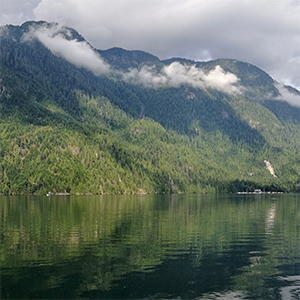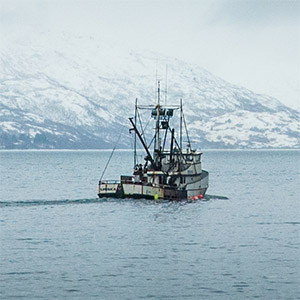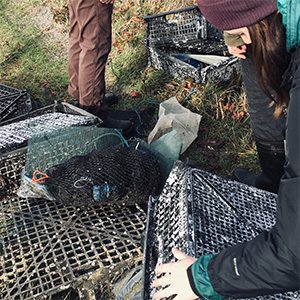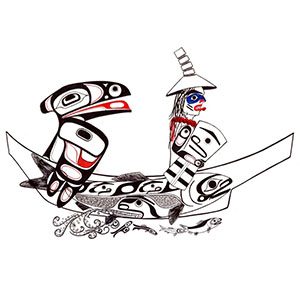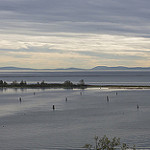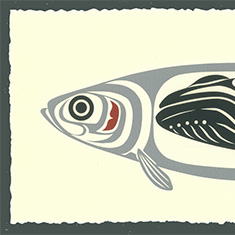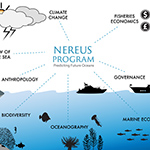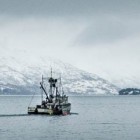Mapping the evolution of coastal waters in Metro Vancouver: The Burrard Inlet
How did the Burrard Inlet look like in the past, compared to how it is now? What were the fishing, food source, and maritime resources there, and how did this habitat change over time?
Rapidly changing Arctic fisheries potential requires comprehensive management
Unmitigated climate change could net fisheries in the Arctic 37 times more fish than current annual catch amounts by the end of the century
How much microplastic is there in the BC marine food web?
Researchers are concerned with the amount of microplastics consumed by zooplankton and herring, which are foundational species in BC’s regional marine food webs.
Women play critical role in fisheries governance, studies suggest
IOF researchers investigated women’s roles in fisheries governance in British Columbia and in the Philippines.
Better policies could net more fish for Indigenous and coastal communities
Indigenous and coastal communities in Canada are increasingly finding that the ocean and marine resources are off limits.
HERRING PEOPLE: An Arts-Based Initiative
This event combined art and science to raise awareness of Pacific herring’s role in BC marine ecosystems, aboriginal communities, and commercial fisheries.
For Indigenous communities, fish mean much more than food
Coastal indigenous communities eat 15 times more seafood than non-indigenous people in the same country says article from NF-UBC Nereus Program.
Climate change could cut First Nations fisheries’ catch in half
The study finds that coastal First Nations communities could suffer economic losses between $6.7 and $12 million annually by 2050.
